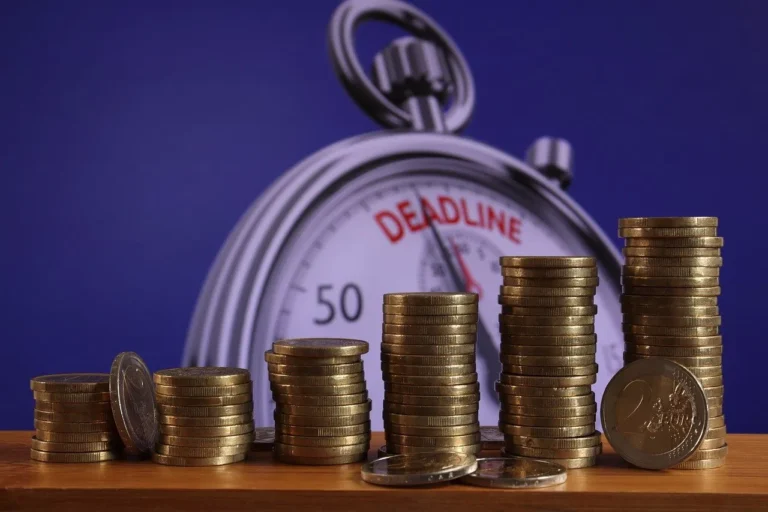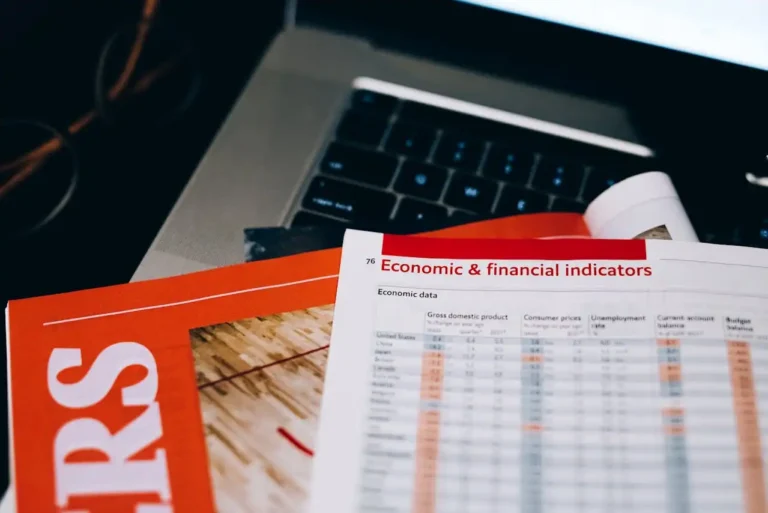Time is your greatest asset in the accumulation of wealth. The earlier, the better, in the sense that you will be better off with the magic of compounding, the less likely you are to take a risk and the sooner you will be able to realize your financial dreams. Even if it is the general consensus that an investment is highly valuable to have, not many would appreciate how meaningful starting early can actually be. The truth is, time can make even minuscule savings grow into a considerable fortune. That is why it is beneficial to get started with preparing for your journey to financial freedom early on.
The Power of Compounding: Time Makes Money Grow Exponentially
For example, one of the most attractive reasons to start saving young is the compounding effect. As a result of compounding it is possible not only to make a profit in the original principal but also in the original principal plus reinvested and accumulated capital over a period of time. The longer the investment horizon, the stronger the effect of compounding.
For example, let’s consider two individuals, A and B:
An invests ₹5,000/month at the start of every month at the time of 25 years old with an interest rate of 8% per year and deposits money until 60 years old.
In addition, B is putting in ₹5,000/month but only starting in age 35 and accumulating an 8% profitability return until age 60.
Age 60, A’s investors capital will be approximately 1.14 crore to B’s approximately 54 lakhs. Although B invests money for a length of time longer than the time of B, B invested for 10 years less time, the difference between B final amount is no small. This example demonstrates that starting early allows the compounding effect to work for a longer period, resulting in exponentially greater growth.
Smaller Contributions Can Lead to Bigger Returns
Enthusiastically embracing the benefits of early settlers, it allows them to xll up its smaller payments in order to reach the same financial target. If you begin late you may need to make a substantial monthly payment just to stay current. At the same time, this can create pressure on the purse strings and can lead to seeking a high-return investment – and at an unmanageable level of risk.

To illustrate, if there is a goal to become ₹1 crore by age 60 with an average annual interest return of 8%:
It would be required to make a monthly investment of a little more than ₹4,500 from the age of 25 years of age onwards.
An average monthly expenditure of about 9,000 is needed to start at age 35.
If treatment is initiated at 45 years of age, the average per month cost will be ₹18,500/month.
The following is an outline of the way an early start can lead to a significantly more straightforward route to financial goals where the goal of the same endpoint can be attained with much smaller, cheaper monthly payments.
More Time to Ride Out Market Volatility
Investing early also implies that you have more time to ride market swings. Stock markets and other investment avenues tend to fluctuate, but over the long term, they generally trend upwards. When you have a longer time horizon you are able to “sit out” market downturns without pulling the trigger selling too quickly.
By contrast, for example, equity investments actually look quite volatile at a short-term horizon, and, more generally, they tend to produce greater returns than fixed-income investments over 20- or (30)-year projections. If you intervene sufficiently early on, you are not required to be impatient and let your portfolio “lie down” after the crashes and in the end exploit its long-term market rise.
Benefit from Long-Term Tax Advantages
Various investment strategies, including mutual funds, retirement accounts, or insurance-insured-savings plans, have tax that can easily increase the long-term investment returns. Mid-stage investing is when money is in play for a longer period of time in the case of mid-stage investing both longer period of time, compounded and therefore in a tax-free or tax-deferred manner. Tax benefits are available in India under Section 80C of the Income Tax Act to cover financial Investments like Equity Linked Savings Scheme (ELSS), Public Provident Fund (PPF) and National Pension System (NPS).
For instance, if you invest in a PPF account, the yields are tax free. The first-stage direct investment in the upstream provides the maximum tax-free return within 15 years of lock-in period and keeping the account to get the advantage of Long-term compounding.
Achieve Financial Freedom Sooner
There is, however, by investing at an earlier stage in an investor’s career, it is also possible to be on the way to becoming a financially independent individual. Financial freedom is achieving a level of passive income or investment that is sufficient to provide for everyday living, so you are no longer constrained by financial realities as you may retire early, or pursue other personal interests without the spectre of money looming above you.

The sooner you buy, the better the chance you have to develop a portfolio of assets that “casho[ut] as asset classes become pricier, and provide dividend or rent out properties, as well as coupon on bond (and so on). These pay-for-performance investments, on the longer term, may keep you out of the pack and you can enjoy lifestyles that are pay less dependent.
It can exceed 4% annual growth in your earning potential, for the reason that the corpus can be sustained, and predict and provide return year on year, not just that it is your own source of income, and it can be used to partially or fully replace it, and supply income for the downside of the market. Having a larger corpus is more financially convenient. Early intervention is the basis in which clinical concerns can be addressed at an earlier age.
Mitigate the Risk of Life’s Unexpected Challenges
Life has a habit of serving us difficult pitches—job change, illness, or recession. An important step to accumulating a savings is to start early by putting money aside, and so forth. Relieving the pressure comes into play, especially in bad times. Early saving and early investing, and thereby create a possibility of starting a fund of emergencies, and the development of a portfolio of diversification to fence you from the shocks of life.
In addition, early saving helps you to know you will be able not just to meet financial commitments such as schooling your child, buying a home, or reaching retirement without needing to liquidate savings or accrue high cost interest debt. It offers a way to include a buffer to adapt to unexpected costs without undoing goal- based budgeting.
Real-Life Example: Warren Buffett’s Wealth Accumulation
There is an example of the success of early intervention, Warren Buffett, a world acclaimed investor. Although Buffett started investing at 11 years of age, his wealth only truly grew over several decades of disciplined investing. Indeed, more than 90% of Buffett’s fortune was created after 65 years of age, due to how the compounding effect operated for many years.
It shows that regardless of how knowledgeable the investor is; time plays an absolute contribution in generating wealth. That the sooner you start the more likely the opportunity is because the period for investments to grow exponentially, i.e., exponential, is larger explains that the investment period is the same and time has only been modified.
Conclusion
Early start is one of the most efficient approaches to wealth accumulation over long run, for example, (e.g., Keller, 2011). All it takes is rolling over your investments for a while, making smaller and more gradual investments, riding out market downturns, and taking advantage of tax savings to get closer to your financial goals, more calmly, and with greater confidence. No matter how snug retirement, house buying and financial freedom feel, in reality, the ideal time to begin any of these is right now. It is known that time is money in the investment world, so the better the early.







